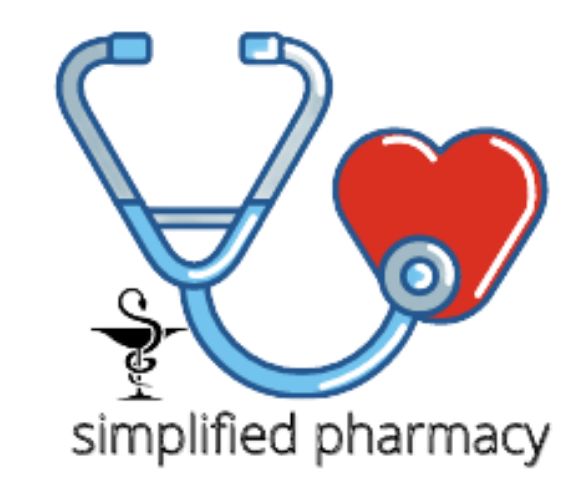
Heatstroke, often known as sunstroke, is a potentially fatal condition that occurs when your internal body temperature exceeds 104 degrees Fahrenheit (40 degrees Celsius).
If left untreated, high temperatures can cause harm to many of your internal organs, including your brain. It is critical to avoid this, especially during the hot summer months.
Drinking plenty of water is the most basic strategy to stay healthy.
Adding flavours to water or motivating yourself with a reward for drinking more than 8 cups of water each day might make it more fun to drink.
HeatStroke Symptoms
- Vomiting
- Headache
- Confusion or agitation
- Muscle weakness
- Not sweating in the heat
- Seizures
- Nausea
- Fast pulse or rapid breathing
- Fainting
- Loss of appetite
HeatStroke Prevention
- Keep yourself hydrated! Staying hydrated protects your body from losing too much fluid through sweat
- Dress comfortably.
- SUNSCREEN IS REQUIRED!!! This should go without saying, but sunscreen should be used on a daily basis and should have an SPF of at least 30.
- Avoid going outside whenever possible. Less sun exposure equals less risk.
- Avoid consuming excessive amounts of alcohol or coffee. Both of these beverages dehydrate you, and staying hydrated is one of your best defences against illness.
HeatStroke First Aid
- If you suspect someone is suffering from heat stroke, dial 911 right once. The longer you wait for medical help, the worse your situation will become.
- Maintain as much cool as possible. If possible, move them to an air-conditioned area or as far away from direct sunshine as possible.
- Put them in a shower or bath with cold water. Natural bodies of water can also be used as long as they are cold and the patient is not in danger of drowning.
- Apply cold packs to tender areas near blood vessels.
- Encourage them to drink plenty of water.
- Check their temperature on a frequent basis.
- Ascertain that they are lying down with their feet raised up.
Higher Risk for Heatstroke Included People
- Diabetes
- Alcoholism
- Blood pressure that is too high
- Gardening, for example, is a physically demanding job.
- Use of recreational drugs
- Psychiatric disorders
- Antihistamines, diuretics, SSRIs, antipsychotics, and cardiac medications are examples of such medications.
Swimming is a great way to stay cool, but don’t forget to drink plenty of water and apply sunscreen. Exploring some is another way to stay cool and have fun this summer.
Air conditioning is common at museums and libraries, as well as some unique items you may not have seen before.
Heat exhaustion is a common prelude to heat stroke, so if you’re feeling tired after being in the sun, get to a cool spot as soon as possible and begin rehydrating.
DISCLAIMER
All content and information on this website are for informational and educational purposes only.
It does not constitute medical, psychological, or health advice of any kind and we do not warrant that the information presented herein is free of any errors or omissions.
We are not providing medical, health care, nutrition therapy, or coaching services to diagnose, treat, prevent or cure any kind of physical ailment, mental or medical condition.
Although we strive to provide accurate general information, the information presented here is not a substitute for any kind of professional advice, and you should not rely solely on this information.
Always consult a professional in the medical and health area for your particular needs and circumstances prior to making any medical or health-related decisions.
What to read next?
https://simplifiedpharmacy.com/blog
Our Study Planner
